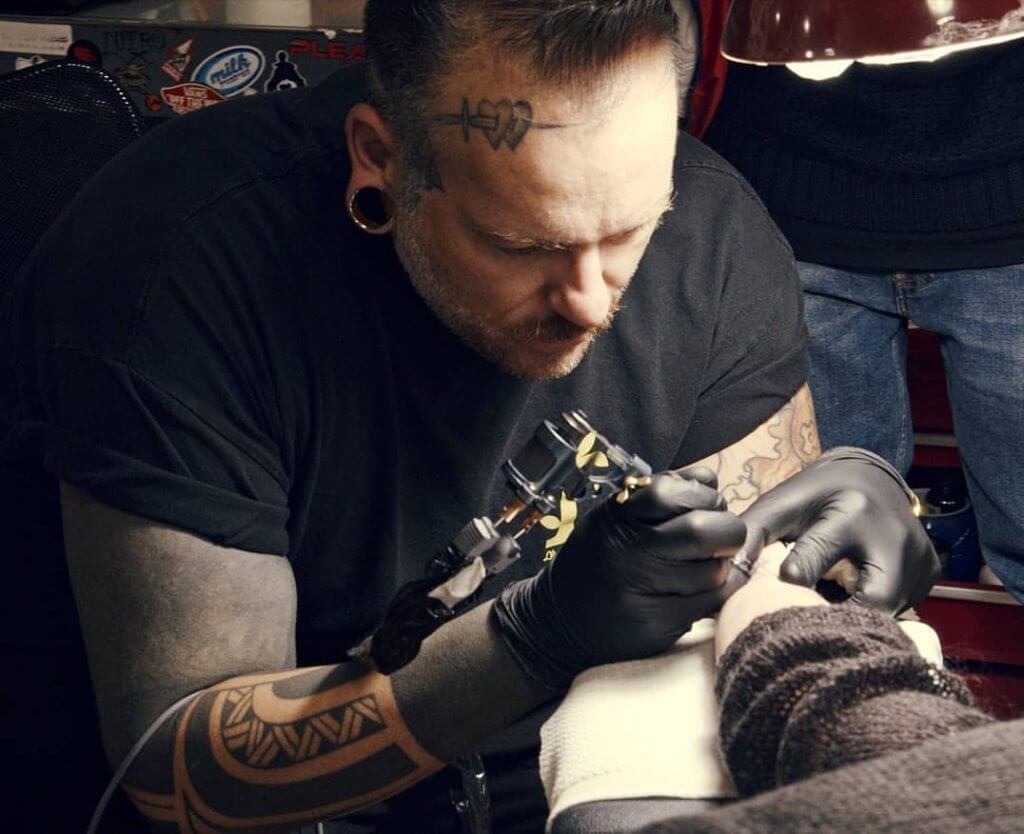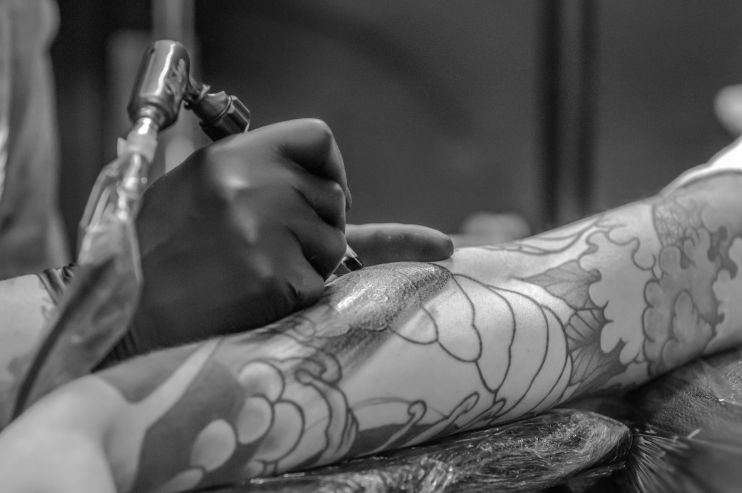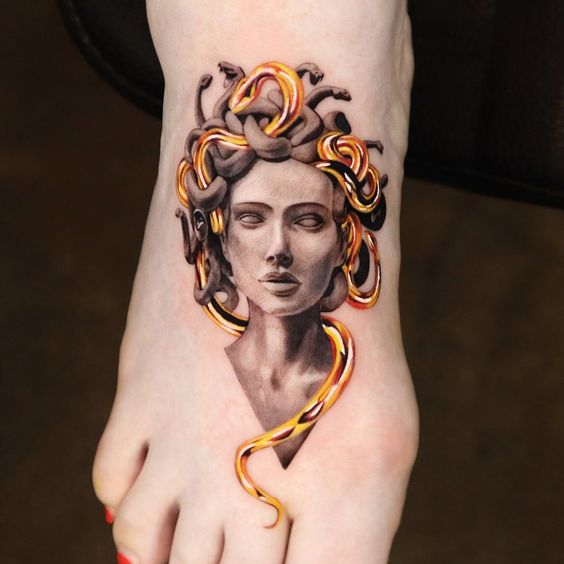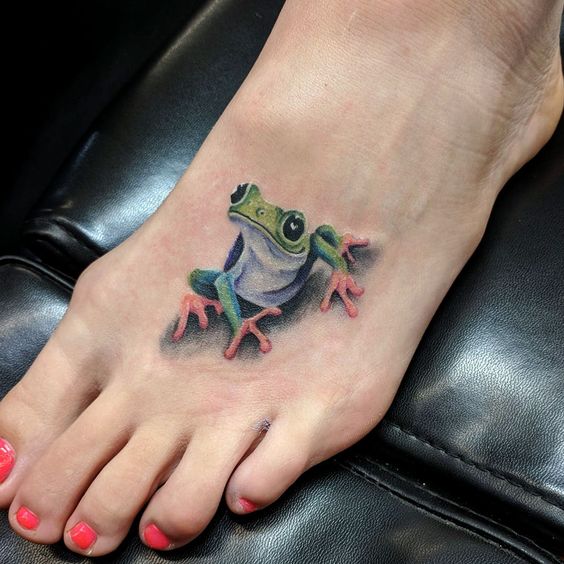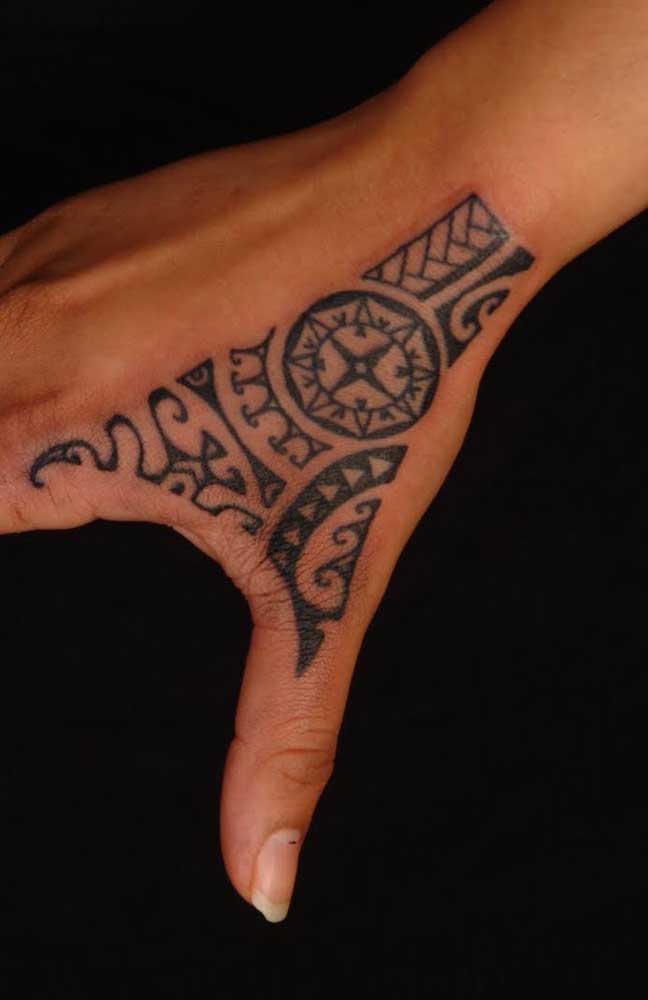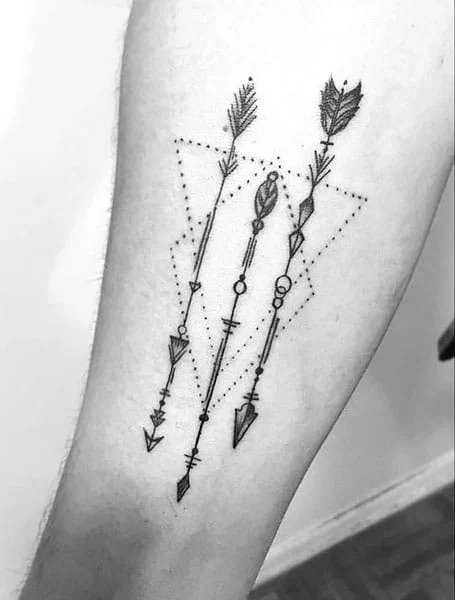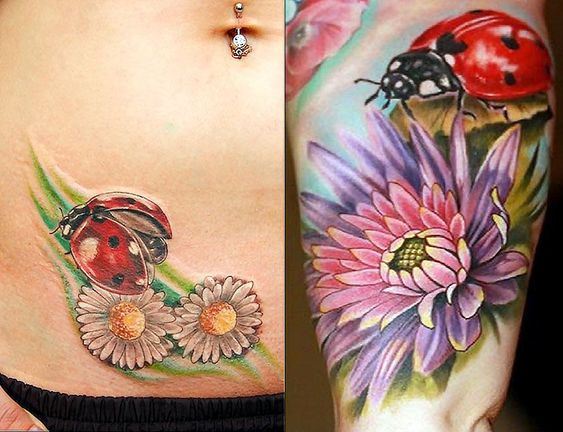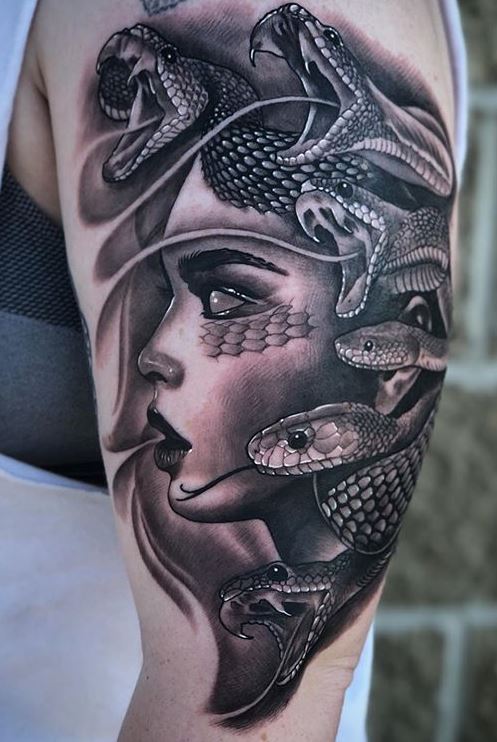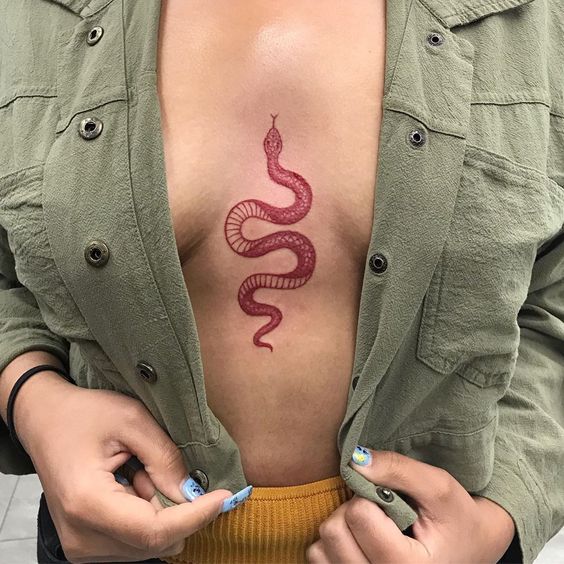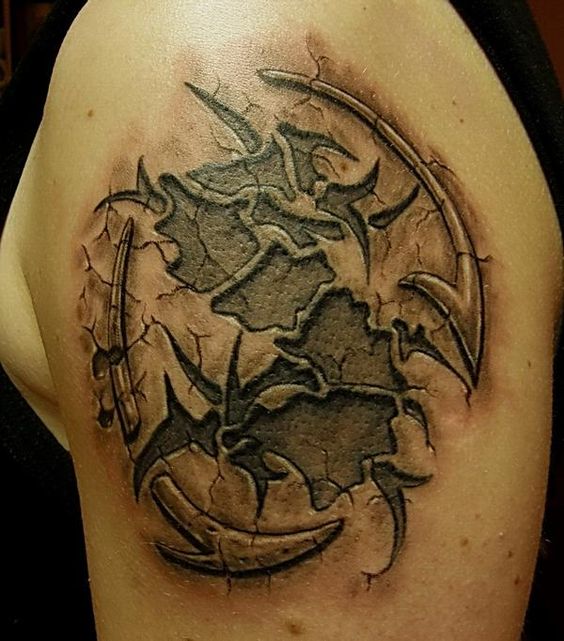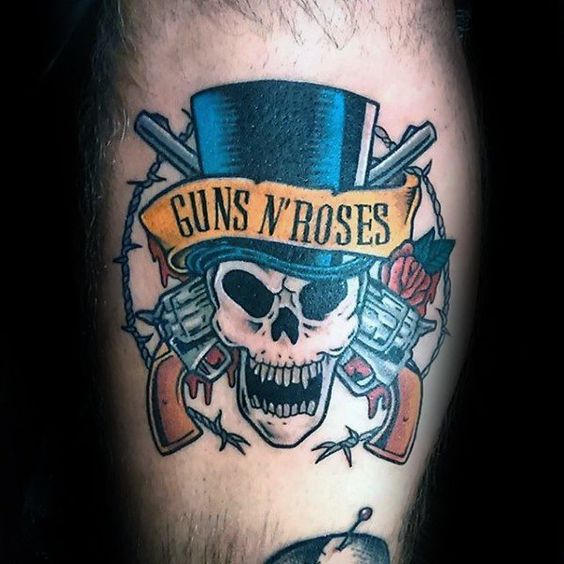Today’s article discusses tattoo safety. Getting a tattoo hurts because tiny needles penetrate your skin. As the needle pierces the skin, it injects ink into the third layer. Considering common sense and safety is crucial before getting a tattoo.
A common fear in tattooing is contracting the HIV virus. Although not the only virus transmittable through tattooing, HIV remains one of the most feared. Other viruses include staph, tuberculosis, syphilis, hepatitis, and more. A dirty needle can transmit these diseases.
Tattooing might look harmless, but it poses dangers if done incorrectly. Despite these risks, you can minimize them. Tattoo artists must follow an extremely strict code of conduct to prevent transmission of deadly diseases.
Professionals sterilize their tools using special machinery. They use a steam pressure autoclave for sterilizing guns and needles. Alcohol and bleach don’t sterilize equipment; they prepare the appliances for sterilization. After treating with alcohol and bleach, they place the tools in the autoclave.
During tattooing, tattoo artists should always wear disposable rubber gloves. They should also use disposable items to spread ointment. If you enter a studio with unclean floors and a messy tattoo area, it’s best to leave immediately.
Before starting the procedure, your tattoo artist should open the needle bag in front of you and dip the needles into a cup with a portion of the color. Using ink straight from the bottle suggests sharing fluids with others.
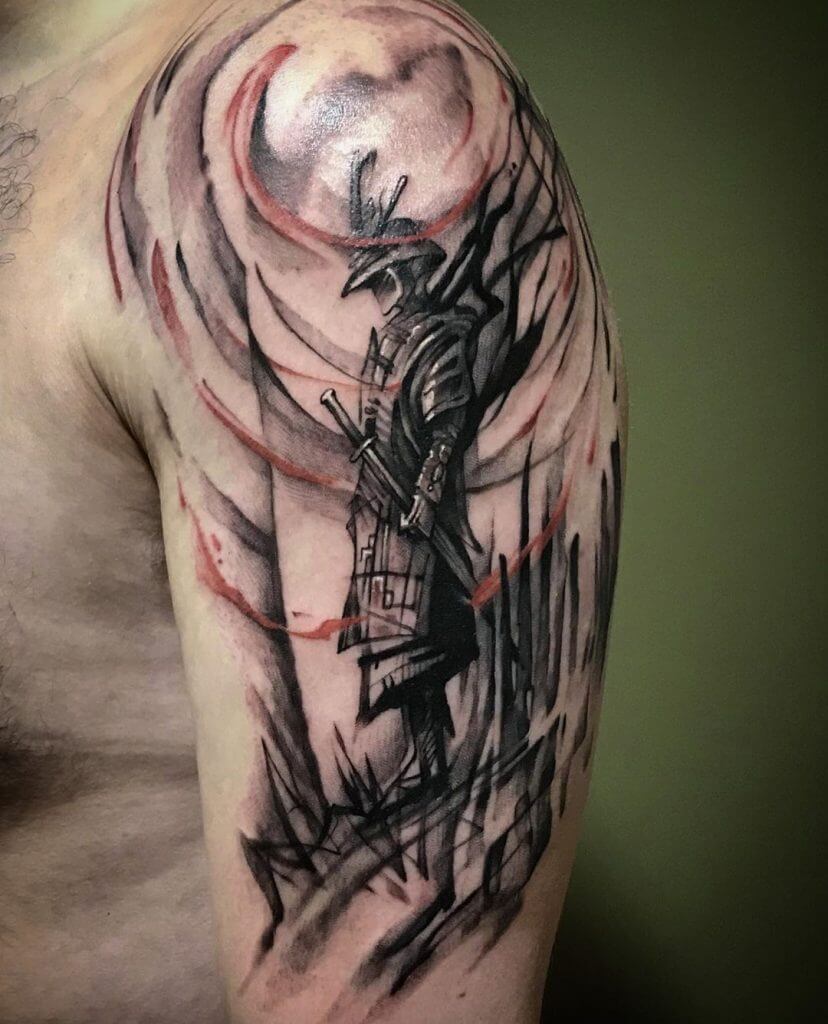
Always prioritize safety, especially when getting tattoos, to avoid life-threatening diseases or vulgar infections. Before choosing any parlor, inquire about its safety measures and observe its cleanliness. Choosing an unsanitary studio for your tattoo could lead to significant problems.
